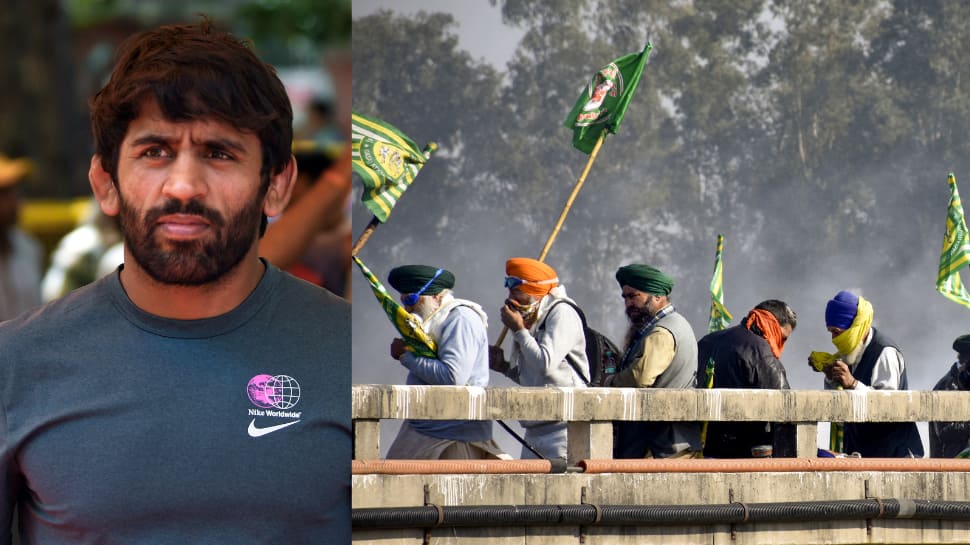 |
|
The recent farmers' protest in India, aiming to reach the national capital Delhi, has sparked significant controversy and raised critical questions about the government's handling of dissent and its commitment to farmers' welfare. Congress leader Bajrang Punia's strong condemnation of the police's use of tear gas on peaceful protestors underscores the deep divisions surrounding this issue. His comparison of the Shambhu border's treatment to that of the Pakistan border highlights the perceived disproportionate and excessive force used against the farmers. This rhetoric paints a picture of a government unwilling to engage in meaningful dialogue and seemingly prioritizing security measures over addressing the legitimate grievances of the agricultural community.
The protest, organized by groups like the Samyukta Kisan Morcha (Non-Political) and Kisan Mazdoor Morcha, underscores the long-standing struggle of Indian farmers for a legal guarantee of Minimum Support Price (MSP) for their crops. This demand is not simply about economic viability for individual farmers; it represents a fundamental debate about the future of Indian agriculture and the role of the government in supporting its food producers. The failure of previous attempts to reach Delhi highlights the entrenched nature of the conflict and the government’s apparent reluctance to seriously consider the farmers' concerns. The suspension of the protest following injuries to protestors, while a tactical retreat, doesn't signal an end to the underlying issues and the demand for a just and equitable system.
The incident raises serious concerns about freedom of assembly and expression in India. The government's contradictory statements – claiming not to be stopping the farmers while simultaneously employing forceful tactics – further exacerbate the situation and undermine public trust. The question of whether politicians face similar restrictions when protesting in Delhi reveals a clear double standard. The perceived selective enforcement of the law only strengthens the farmers' sense of injustice and fuels their determination to pursue their demands. This raises broader questions about the government's commitment to democratic values and its willingness to engage in open and constructive dialogue with its citizens.
The farmers' protest, despite its temporary suspension, serves as a potent symbol of the ongoing struggles faced by the agricultural sector in India. The issue of MSP isn't merely an economic one; it is inextricably linked to questions of social justice, food security, and the very fabric of rural life. The government's response, characterized by force and a perceived lack of empathy, risks further alienating a crucial segment of the population and undermining its commitment to the well-being of its citizens. The incident also underscores the need for more transparent and accountable governance, ensuring that the concerns of marginalized communities are heard and addressed.
Furthermore, the international community is watching this unfolding situation with considerable interest. The treatment of farmers and the government's response to their protests have implications for India's international image and its commitment to human rights. Failure to address these concerns could lead to negative repercussions for India's standing on the global stage. The events at the Shambhu border serve as a stark reminder of the continuing tension between the government and those who challenge its policies. The path toward resolution requires a shift in approach, prioritizing dialogue, empathy, and a commitment to finding sustainable solutions that benefit both the farmers and the nation as a whole.
Source: ‘Is It Pakistan Border?’: Bajrang Punia Questions Farmers-Police Standoff During ‘Delhi Chalo’ March
